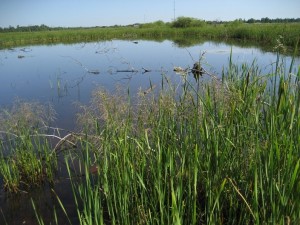Doing away with deference?
Legislative bodies often delegate significant authority to administrative agencies. In the course of its work, an agency must reach legal conclusions about how to interpret and apply a statute it administers. Most agencies employ attorneys for just that purpose. When an agency’s legal interpretation is challenged, federal and state courts commonly defer to the agency in recognition to the agency’s subject-matter expertise and experience.  Federal courts use the well-known Chevron[1]standard, analyzing first whether Congress has “directly spoken to the precise question at issue”; if it has, the court must give effect to that Congressional intent. But if the statute is silent or ambiguous, the court defers to the agency interpretation if it is “based on a permissible construction of the statute,” even if the court would have reached a different outcome. Wisconsin courts take a similarly deferential approach to reviewing agency legal interpretations.
Federal courts use the well-known Chevron[1]standard, analyzing first whether Congress has “directly spoken to the precise question at issue”; if it has, the court must give effect to that Congressional intent. But if the statute is silent or ambiguous, the court defers to the agency interpretation if it is “based on a permissible construction of the statute,” even if the court would have reached a different outcome. Wisconsin courts take a similarly deferential approach to reviewing agency legal interpretations.
Without the benefit of reliance on an agency’s interpretation of such specialized questions, courts would have to overcome “lack of training and expertise, lack of time, [and] lack of staff assistance. . . .”[2] In the environmental context, federal courts have therefore resisted calls to inject themselves into the day to day management of natural resources, and have avoided becoming “forestmasters,” “roadmasters,” “fishmasters,” “watermasters,” and “rangemasters;” instead, they have deferred to the agencies created for those purposes.[3]
Over the years, however, some jurists have questioned whether this deferential approach straitjackets reviewing courts, sapping their power in favor of unelected administrative agency representatives. Inspired by those concerns, a bill currently pending in the Wisconsin Legislature, A.B. 582, would eliminate judicial deference to agency legal interpretations in particular contexts. To put it mildly, this would be a major development in Wisconsin administrative law and would deeply change the relationship and relative balance of power between agencies and reviewing courts in the state.


